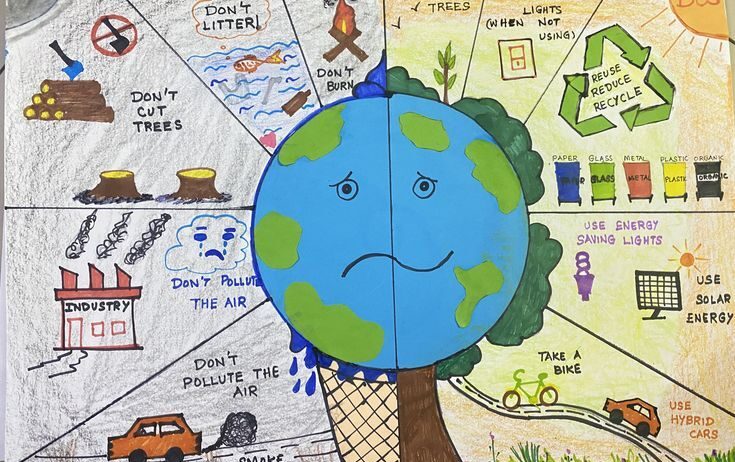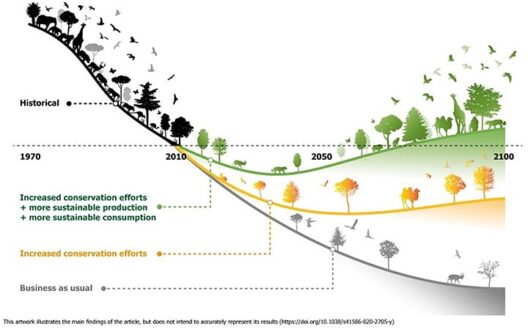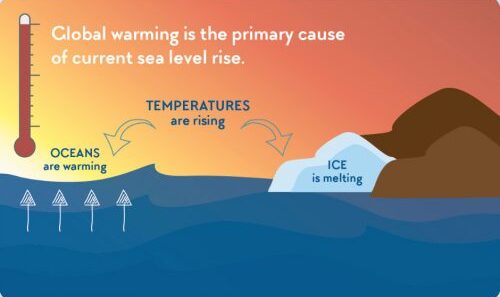Climate change is one of the most pressing challenges humanity faces today. The evidence is irrefutable; global warming is altering weather patterns, raising sea levels, and endangering countless species. This presents a critical question: Are you ready to make a difference in your daily life? Understanding the do’s and don’ts of mitigating global warming can empower you to contribute to the preservation of our planet. Let’s explore these vital actions that can create a tangible impact.
Do: Educate Yourself and Others
Knowledge is power. Start by immersing yourself in the scientific research surrounding climate change. Understanding the intricacies of greenhouse gas emissions, renewable energy sources, and carbon footprints can bolster your ability to communicate and educate others. After all, the more informed a community is, the more proactive and effective its response will be. Engage friends and family in discussions about climate issues, using stimulating facts and educational resources to foster awareness.
Don’t: Ignore Everyday Habits
It’s easy to overlook the everyday choices we make. However, these seemingly trivial decisions—like using plastic bags, neglecting public transport, or inefficient home heating—can cumulatively have a significant effect on the environment. Challenge yourself to reevaluate your daily habits. Are you leaving the lights on when you leave a room? Is that reusable water bottle gathering dust in a cupboard? Each time you choose convenience over sustainability, you contribute to the problem.
Do: Embrace Renewable Energy
Transitioning to renewable energy sources, such as solar and wind, is crucial in combating global warming. Consider investing in solar panels or opting for green energy from your utility provider. This not only reduces your carbon footprint but sends a potent message to energy companies, urging them to prioritize sustainable practices. Imagine if everyone in your community made the switch! The collective impact would be monumental.
Don’t: Rely Solely on Recycling
While recycling is an essential component of waste management, it should not be your sole focus when it comes to environmental responsibility. The production process of many recyclables can still emit harmful greenhouse gases. Moreover, recycling facilities around the world face limitations that can lead to recyclable materials ending up in landfills. Instead of leaning on recycling as a catch-all solution, prioritize reducing waste and reusing products whenever possible.
Do: Support Sustainable Businesses
Consumer choices wield enormous power. By supporting businesses that prioritize sustainability, you can encourage more companies to adopt eco-friendly practices. Look for certifications such as Fair Trade, USDA Organic, or B Corp that mark a commitment to environmental stewardship. As a consumer, your decisions can shape the market—ask yourself, are you making informed purchases that support the planet or contributing to business-as-usual practices that degrade it?
Don’t: Overlook Transportation Choices
Your mode of transportation has a remarkable impact on your personal carbon footprint. While it can be convenient to jump in a car for a short trip, consider alternatives like walking, biking, or using public transportation. Carpooling or joining rideshare programs can also make a difference. A playful challenge to consider: How many days a week can you commit to car-free travel? You may find it refreshing and rewarding to embrace alternative transportation.
Do: Advocate for Policy Change
Individual actions are important, but systemic change is essential for long-term impact. Engage in advocacy by contacting your local representatives to express support for climate initiatives. Participate in community forums or town hall meetings that address environmental issues. Changing laws and regulations requires a robust grassroots effort; your voice is a vital component of that momentum. Together, individuals can influence policy and create a legislative environment conducive to combating climate change.
Don’t: Remain Apathetic
It can be tempting to adopt an attitude of helplessness when faced with the enormity of climate change. However, every action, no matter how small, contributes to a larger movement. Allowing feelings of apathy to govern your response only perpetuates the cycle of environmental degradation. Instead, channel that frustration into positive action. Start small—commit to one new sustainable habit this week. Over time, these incremental changes can lead to profound shifts.
Do: Participate in Reforestation Efforts
Forests play a crucial role in absorbing carbon dioxide from the atmosphere. Organizations around the globe focus on reforestation and afforestation initiatives to combat climate change. Participate in local tree-planting events or support credible organizations dedicated to restoring ecosystems. Remember, when you plant a tree, you are investing in the future health of our planet. Challenge yourself and your peers to plant a certain number of trees each year. The benefits will stretch far beyond any one of us.
Don’t: Underestimate the Value of Community
In the face of such a monumental challenge, it’s easy to feel alone in your efforts. However, community action can amplify your impact. Join local environmental groups, attend workshops, or participate in climate marches. When united, your voice carries more weight, and together, communities can drive more significant change. The power of teamwork should not be underestimated; sharing knowledge and resources can catalyze innovative solutions.
Conclusion
The journey to combat global warming is not solely about grand gestures but rather a mosaic of mindful choices. By adhering to these do’s and don’ts, you can harness the power within your everyday actions to forge a more sustainable future. Reflect on your contributions and challenge yourself to adopt new practices. Imagine the cumulative effect if everyone took this pledge—what kind of world could we nurture together? Every effort counts; let’s strive for a better planet for generations to come.







